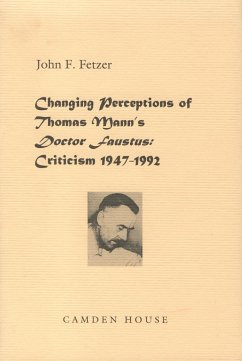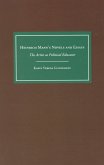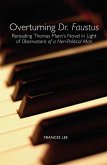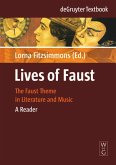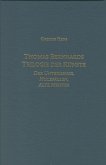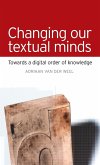Ever since its appearance in 1947, Thomas Mann's novel Doctor Faustus has generated heated reactions among critics. Whereas initial ideological differences stemming from the Cold War and the division of Germany have abated following the reunification of 1990, diverse opinions and controversies persist about Mann's daring treatment of the Faust theme. These include such topics as the political stance of the author and the historical dimensions of the novel; the biographical and autobiographical and backgrounds of the workespecially in light of the subsequent publication of Mann's diaries and private notebooks; the writer's sexual and psychological proclivities; the thorny issues of montage, collage, and intertextuality; musical concerns such as the extent to which the novel's protagonist appropriates as his own Arnold Schonberg's twelve-tone system of composition or the role of Mann's fellow exile and mentor, Theodor W. Adorno, in indoctrinating his "pupil" into avant-garde musical techniques; the degree to which the novel exhibits structural features of the music on which the narrative focuses; and the function of certain mythic prototypes for this modern parody in fashioning the fortunes and fate of Adrian Leverkuhn. A provocative and still unresolved question centers on the precise role played by Goethe's Faust in the conception and execution of Doctor Faustus, in spite of Mann's assertion that his version of the legend had "nothing in common" with the work of his famous predecessor. Finally, the presence of strong visual elements in the novel leads to an assessment of the critical reception accorded Franz Seitz's film adaptation of Doctor Faustus (1982), a dicey subject in Manncircles, since few filmed versions of his novellas or novels have enjoyed an unsullied reputation.

